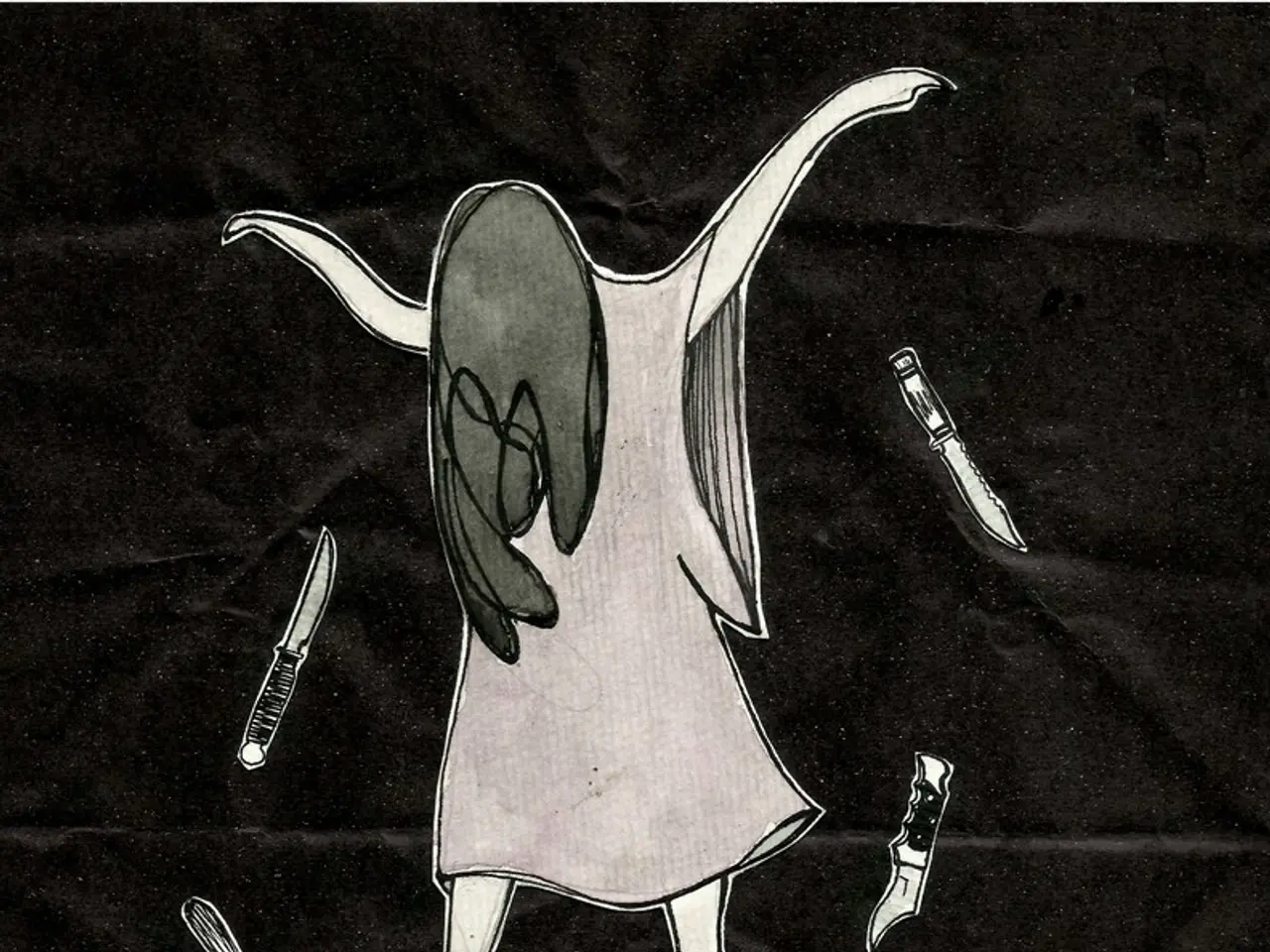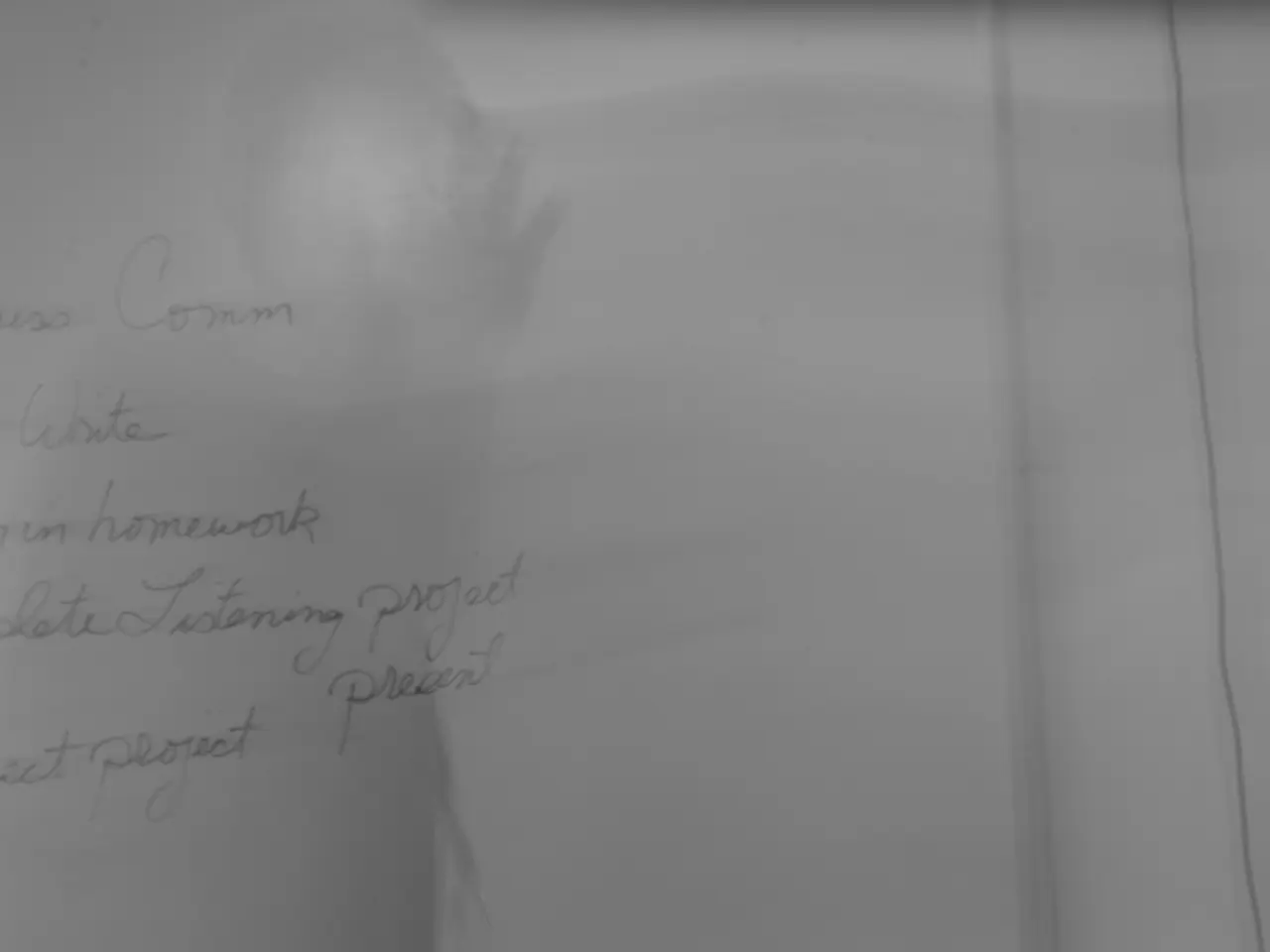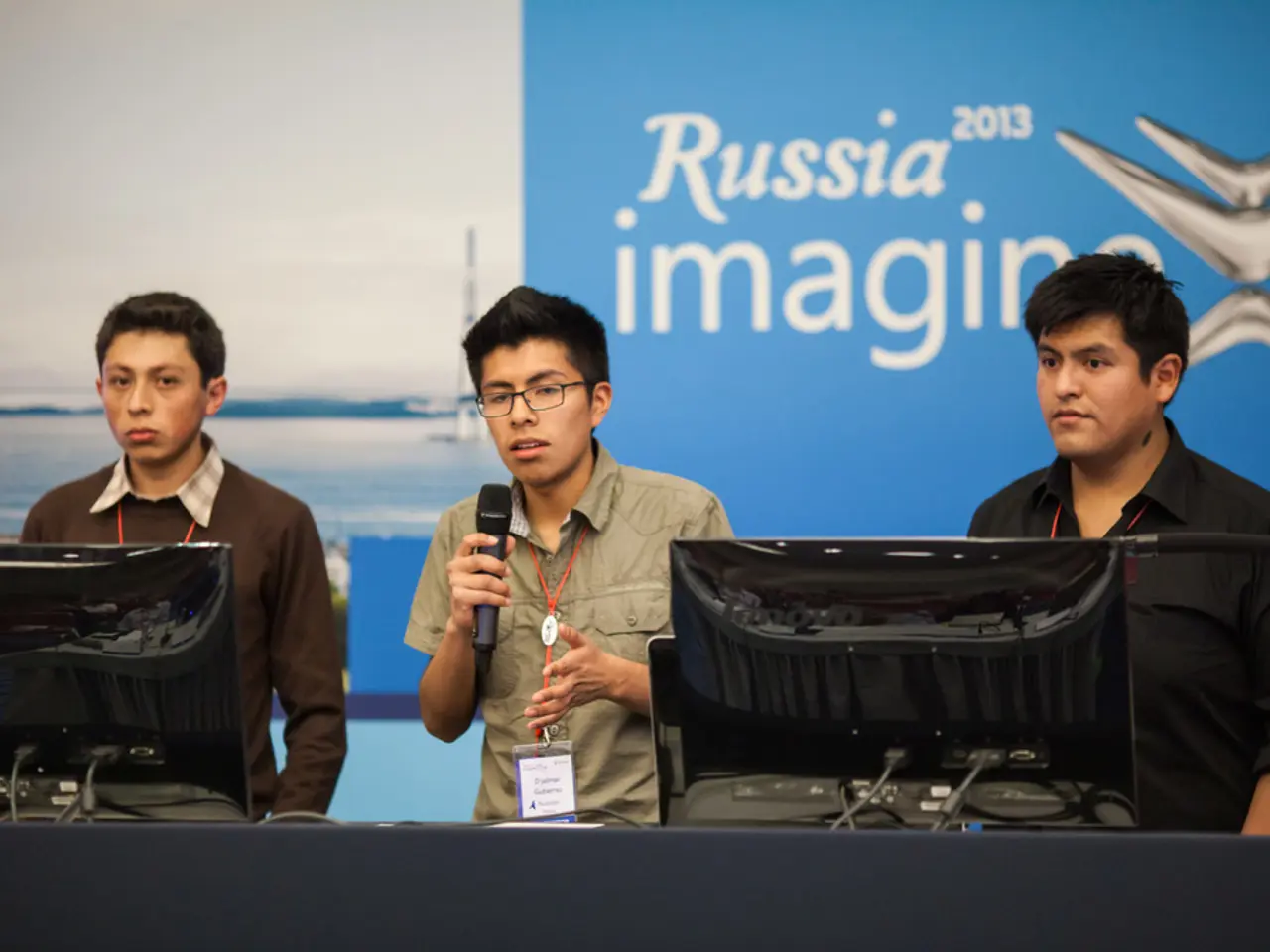Gathering of Far-Right Parties: Europe Viva 24 Hosts Vox Convention Linking European and American Right-Wing Factions
Madrid brings together Europe's far-right heavyweights at Europa Viva 24
This weekend, Madrid will play host to a gathering of the "ultra-right international" with the Europa Viva 24 event. Organized by Vox, the event will attract forces from Europe, Latin America, and the United States, including Argentine President Javier Milei as a speaker.
Santiago Abascal, Vox leader, announced the grand gathering in March as "a convention of patriots." The event is set to conclude on Sunday with a political conference featuring notable figures like Marine Le Pen, leader of France's far-right party, and ultra-right heavyweights via teleconference, such as Hungarian Prime Minister Viktor Orbán and Italian counterpart Giorgia Meloni.
According to researcher Miquel Ramos, these events serve as self-promotion opportunities for the far right, and the participation of celebrities like Javier Milei further bolsters their image. Vox, currently not in its best moment, organizes such events to display its strength and alliances to voters.
Argentina's Javier Milei amidst Political Drama
On the heels of Javier Milei marking 100 days in power in Argentina, the event comes as he faces challenges in scaling back social aid and the economy. However, categorizing each formation participating in the same group may be problematic given the variations in their discourse.
As Fernando Vallespin – a political scientist and professor of political theory at the Complutense University of Madrid – notes, the political stance of Meloni's party and Orbán's diverges substantially. While Orbán edges towards authoritarianism, other European parties moderate their discourse towards Europe.
Rising Tide of European Far-right
The participation of ultraconservative European parties at Europa Viva 24 takes on significance as the European Parliament elections in June approach. "The far right is experiencing a surge, given its strength across several Union countries, fueling polarization," Vallespin explains.
This political polarization has become a breeding ground for the far-right's proliferation, with parties like Germany's Alternative for Germany polling second in European election polls.
"The far-right's success in Europe lies in the fact that other parties start adopting their rhetoric, even liberal or social democrats," Ramos says, also the author of Antifascists.
In an interview with RNE, Vallespin pointed out that these parties aim to create a "Union of Fatherlands," simultaneously seeking to conquer European institutions to subsequently impose their values and policies against immigration nationally unattainable.
The Far-right's Social Media Strategy
The magnitude of events like Europa Viva 24 is amplified by the far-right's heavy presence on social media. These political forces have capitalized on networks like TikTok, using targeted content and influencer strategies to reach and radicalize younger generations.
Not only has the extreme right effectively used the lack of filters on social media to spread fake news or hate speech, but they also manipulate algorithms to further their messaging through bait content and changes in user recommendations.
"They've made it a cultural battle, investing money to reach as many people as possible. This has allowed them to infect public debate with fear and (mis)information that results in more votes," Ramos cautions.
As radicalization processes diversify, the far-right finds themselves in a favorable position, able to reach institutions and negotiate agreements, even without being the first choice among voting intentions. "The majority of established parliamentary groups in Europe is guaranteed, but negotiations and agreements with the far-right can occur," Vallespin concludes.
From facilitating gatherings in generous spaces like the Palacio de Vistalegre (Madrid) to leveraging social media, the far-right demonstrates its commitment to expanding its sphere of influence across Europe and beyond.
Alonso Hernández is a student of the International Reporting Master at our website/in and UAH.
Enrichment Data:The far-right parties participating in the Europa Viva 24 gathering, including Javier Milei's party in Argentina, Marine Le Pen's party in France, and Viktor Orbán's party in Hungary, share several commonalities in their discourse such as national sovereignty, anti-establishment rhetoric, cultural and identity themes, skepticism of globalization, and populist messaging. However, each party has unique aspects shaping its national contexts and political goals, like Javier Milei's distinct focus on radical libertarian economic views, Marine Le Pen's emphasis on immigration control and law and order, and Viktor Orbán's centralized illiberal governance model that infringes on liberal democratic norms.
- Following his 100 days in office, Argentina's Javier Milei, despite facing challenges in scaling back social aid and the economy, attends the Europa Viva 24 event as a speaker, showcasing the far-right's expanding presence in global politics.
- Along with Argentine President Javier Milei, the Europa Viva 24 event gatheres social-media-savvy far-right heavyweights like Marine Le Pen, Leader of France's National Rally, and Hungarian Prime Minister Viktor Orbán, as well as others through teleconference.
- As the European Parliament elections approach in June, the rising tide of the far-right, such as the Alternative for Germany, which polls second in European election polls, fuels political polarization and proliferation, even in discreet policy areas like crime-and-justice and general-news.
- Professors like Miquel Ramos, author of Antifascists, argue that the far-right's success in Europe lies in their ability to adapt and observe the rhetoric of other parties, creating a hybridization that encourages negotiations and agreements even without being the first choice among voting intentions.
- To spread their message and influence populations, particularly younger generations, the far-right capitalizes on platforms such as TikTok, implementing targeted content and influencer strategies, while also manipulating algorithms to maximize their reach through bait content and user recommendations, aking it a cultural battle between various forms of pop-culture, politics, and sci-fi-and-fantasy narratives.




